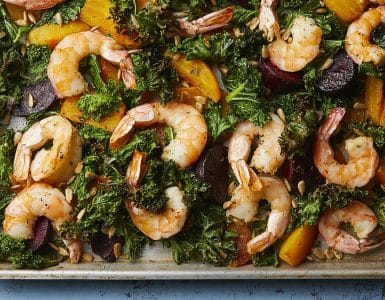If you’ve been routinely devouring pizza, cookies, and other high-calorie foods during these uncertain times, you’re not alone. It’s a common way to cope with feeling stressed, bored, lonely, sad or afraid. Stress releases cortisol, making you crave fatty, sugary “comfort foods.” Read on for tips to help you control your emotions, overeating…and COVID-related weight gain!
Keep an “emotional eating” log or journal. It can help you recognize real hunger vs. stress eating and become aware of your food choices. Note what’s causing you to eat when you’re not hungry (be specific). Jot down what specific foods you crave when you feel a certain way and if they make you feel you feel better or worse after eating them.
Don’t skip meals. Eat well-balanced meals at set times daily. This can help you sidestep mindless trips to the kitchen for snacks.
Get enough sleep. Lack of sleep may prompt your desire to overeat high-calorie foods.
Plan alternatives to eating when faced with triggering emotions. Some ideas: Listen to music, go for a walk, exercise, play a game, or drink a glass of water flavored with fresh lemon. When a snack attack hits, wait ten minutes to see if the urge passes.
Pay attention and eat mindfully. Stress eating is often unconscious. Using mindfulness techniques that focus on the present moment can calm your body and mind and slow your reaction to stress, including overeating. Slow down and savor every bite, noticing the texture on your tongue, aroma, etc.
Feeling out of control? Turn to your health practitioner or a licensed counselor for guidance and support.



